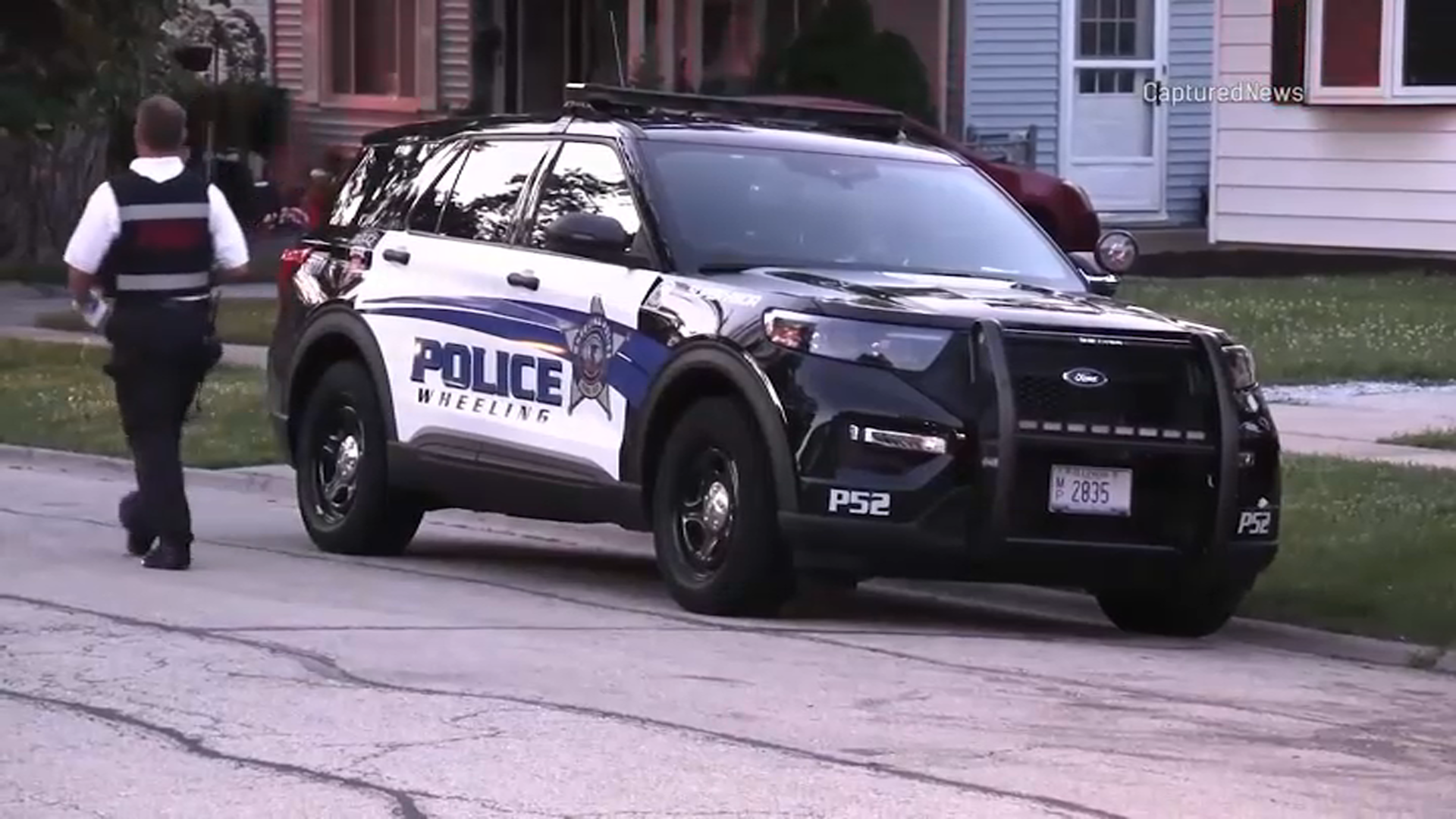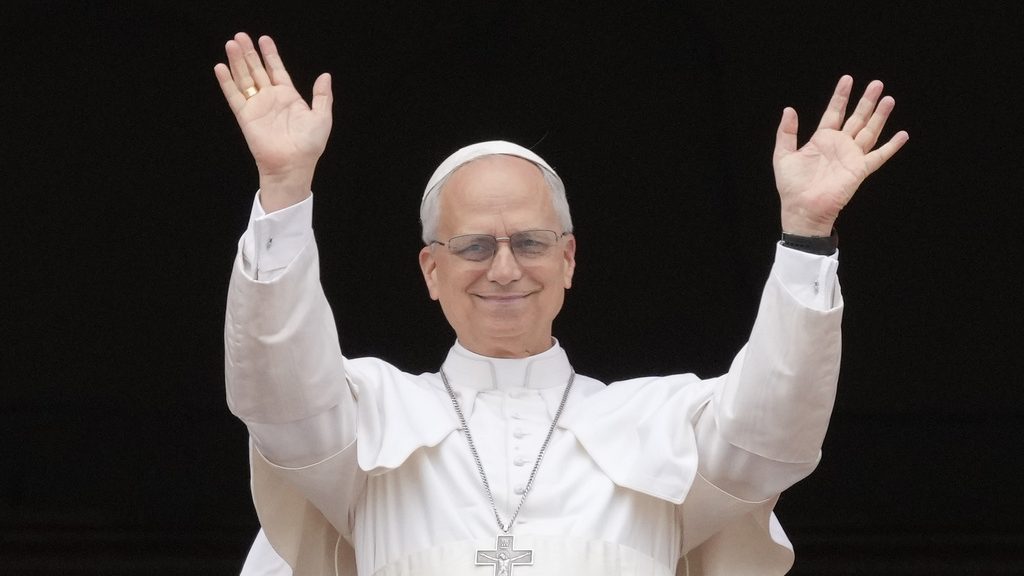Mayor Rahm Emanuel, looking for a compromise, proposed and received an agreement to postpone City Council's vote this week on stricter rules for companies including Uber and Lyft.
Instead, the council is set to vote on Emanuel's proposed six-month study on fingerprinting drivers for background checks.
Transportation Committee Chair Ald. Anthony Beale has agreed to the six-month independent study on fingerprinting. Beale is not sure yet who will conduct the study, but says it will come out of the Transportation Committee.
Beale said when the study is finished, "at that particular time, we're going to impose fingerprinting without question."
“Thousands of Chicagoans have voiced their support for the safe rides and economic opportunities Lyft provides throughout the city," Lyft said in a statement. "This agreement sets high safety standards while still allowing people to use Lyft to get around. We urge the full Council to pass this revised ordinance on Wednesday.”
Uber and Lyft have also agreed to a six-month window on finding a way to make sure the disabled community can use the rideshare companies.
Beale says when the study is over, both companies will be required to provide access for disabled customers.
Local
"Every day that they do not comply, they will be buying a car for the disabled community," he said.
Access Living, however, said it supports the ordinance as it was originally written.
“The modified proposal is unacceptable,” Marca Bristo, president & CEO of Access Living, said in a statement. “We have already waited two years for Rideshare companies to make a commitment to accessibility. They’ve done little to nothing in that time. Through August of 2015, Uber had provided only 14 wheelchair accessible rides. The Rideshare Ordinance needs concrete benchmarks that will hold Uber and Lyft accountable. We have a right to equal access, equal fares and equal service.”
Last week, both rideshare companies threatened to leave Chicago if the ordinance proposing stricter rideshare rules passed the full council.
The Ridesharing Reform Ordinance, which passed out of a joint Transportation and License Committee on Friday, would require drivers to obtain restricted public chauffeur licenses. This includes protections like fingerprinted background checks, drug testing and city debt checks.
The ridesharing industry has pushed back against fingerprinted background checks, physical exams and drug tests for all their Chicago drivers. Companies warned against what could happen to the industry if the ordinance ultimately passes.
Chelsea Wilson, a Lyft spokeswoman, said the ordinance "forces part-time Lyft drivers into an onerous, outdated model, requiring hundreds of dollars in fees just to share a seat in their car."
Chicago's City Council has argued that the ordinance would level the playing field between rideshare services and the city's struggling taxi industry. A similar ordinance passed in Austin last month, and both companies pulled out of the city.



